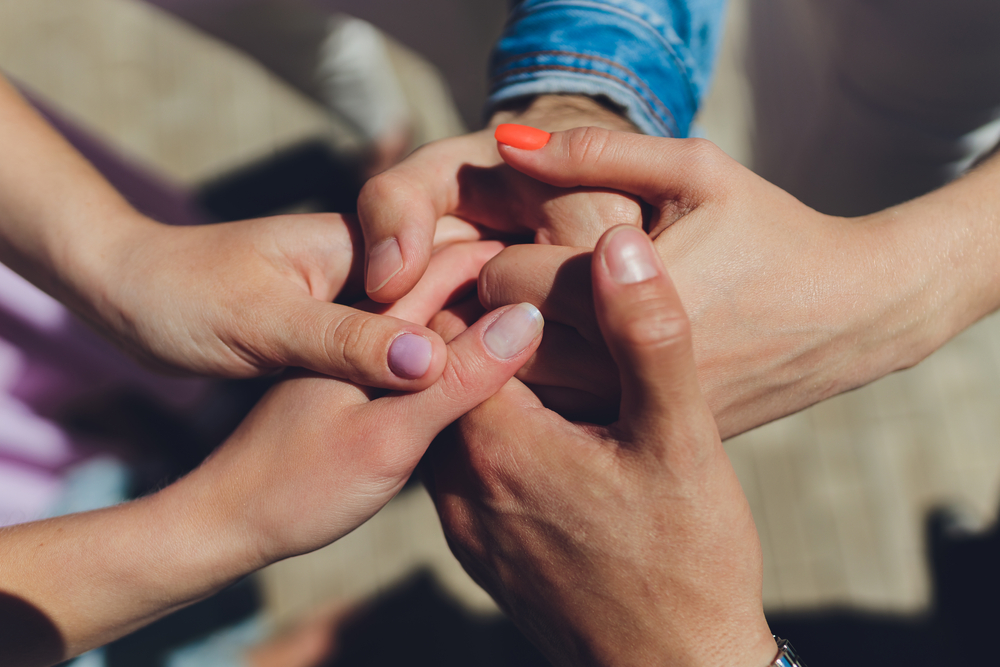‘Politics’ and ‘politician’ have become dirty words
When you study the field of politics, it is represented as “the set of activities that are associated with making decisions in groups, or other forms of power relations among individuals, such as the distribution of resources or status.” An accepted definition of a politician is “a person who is professionally involved in politics, especially as a holder of or a candidate for an elected office.”
Politics, if done well and honestly, should not be thought of as dirty and neither should the politician who practices politics. One can be an activist and practice politics without being a politician. But I find it amusing when a candidate running for office says they are not a politician. They may not have been one before they announced their candidacy, but once they have, they are a politician. I believe the majority of politicians in office, or running for office, are doing it for the right reasons.
It is because the term politician has become a dirty word that people are running for office declaring they are not really politicians. An example is the new Manhattan District Attorney Alvin Bragg. The headline in the New York Times is “Alvin Bragg Says He’s Not a Politician, Is That the Root of His Trouble?” In fairness Bragg says he shouldn’t act like a politician, which indicates he thinks being a politician is a bad thing.
Bragg, who ran in a primary and then in a general election and now holds office, is by any definition a politician and there is nothing wrong with that. Decisions he makes will be both political in nature and have political ramifications. Whether it is to prosecute, or not prosecute, Donald Trump; or whether his office will cease to seek jail and prison time for all but the most serious crimes, those are in many ways political decisions. They can be political even if based on the facts as he sees them at the time. The reality is on what appeared to be his initial views on both of these issues, he is now vacillating based on the political winds he is facing. He is entitled to change his mind, as can any politician, as long as they don’t give up their principles.
I keep hearing U.S. Attorney General Merrick Garland say he will decide what to do about Trump and his acolytes involved in the Jan. 6 insurrection without regard to any politics. Anyone who actually believes that, I have a bridge in Brooklyn you can buy.
We often only hear about sleazy politics or sleazy politicians. They make for great click-bait journalism. But in reality, they are in the minority.
Just consider the politics of fighting for equal justice and economic equality, and the politicians fighting to make them both a reality. We have moved far from what the framers of our constitution wrote to make our country more equal for all. That was accomplished through war in one case, but it was also done through politics and by politicians. Do we have a long way to go? Of course. But we must take heart when we hear Judge Ketanji Brown Jackson, now the next Associate Justice of the Supreme Court, talk about her family and saying, “My family went from segregation to the Supreme Court in one generation.” That, of course is a tribute to her family, but also to politics and politicians.
There have been many times I disagreed with the politics of some groups and the politicians who seem to represent them. But I must accept some people have legitimate views, in their own eyes, different from mine. While I nearly always disagree with Sens. Susan Collins (R-Maine), Lisa Murkowski (R-Ala.) and Mitt Romney (R-Utah) it must be recognized they not only voted for Judge Jackson but made strong and resonating statements in support of her.
So it will be important, if we are to move our country back on the track many want to see it on, not to ascribe a negative implication to all politics and politicians we disagree with. We will never agree with all that is done in the name of politics or by every politician. However, we must accept decent people can disagree and the other side is not always being sleazy. We need to learn to respect each other and try to treat each other with dignity.
Peter Rosenstein is a longtime LGBTQ rights and Democratic Party activist. He writes regularly for the Blade.



